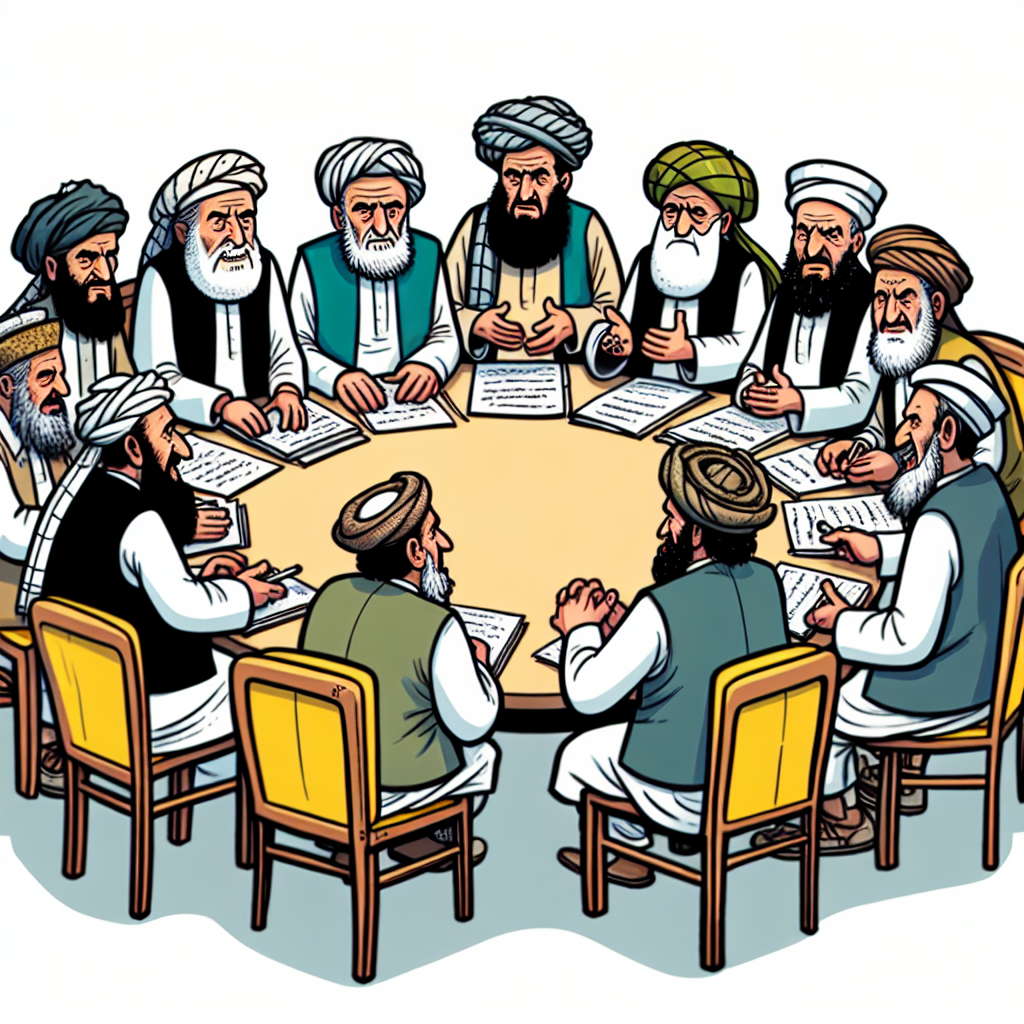Taliban Internet Blackout Sparks Global Concern
The Taliban denied imposing an internet ban across Afghanistan, attributing disruptions to worn-out fiber optic cables. However, users, especially abroad, fear the prolonged impact, as cases like Maruf Nabizada highlight how critical the internet is for international communication. Connectivity issues also hindered operations, including airlines and humanitarian efforts.

- Country:
- Pakistan
The Taliban government dismissed assertions of a nationwide internet ban in Afghanistan, attributing disruptions to outdated fiber optic infrastructure. The blockade has adversely impacted sectors such as banking, commerce, and aviation, while local governments confirmed suspensions after a leader's decree aimed at curbing immorality.
A Taliban statement conveyed via WhatsApp, and social media, clarified ongoing network issues as a consequence of degrading infrastructure. This message came amidst growing concern from expatriates, including Maruf Nabizada, who rely on the internet to connect with families amid long-distance relocations.
International aid organizations, such as Save the Children, emphasized the critical nature of reliable communication to carry out their missions effectively. The telecommunications breakdown also grounded airlines like Kam Air, highlighting the widespread ramifications of the sudden connectivity loss.
(With inputs from agencies.)
ALSO READ
Connectivity Crisis Grounds Kabul Flights Amidst Taliban Internet Blackout
YouTube TV and NBCUniversal Reach Temporary Agreement to Avert Blackout
Taliban's Telecom Blackout: A Nation Silenced
Afghanistan's Internet Blackout: A Digital Curtain Descends
Afghanistan Faces Nationwide Internet Blackout Amid Taliban Crackdown










